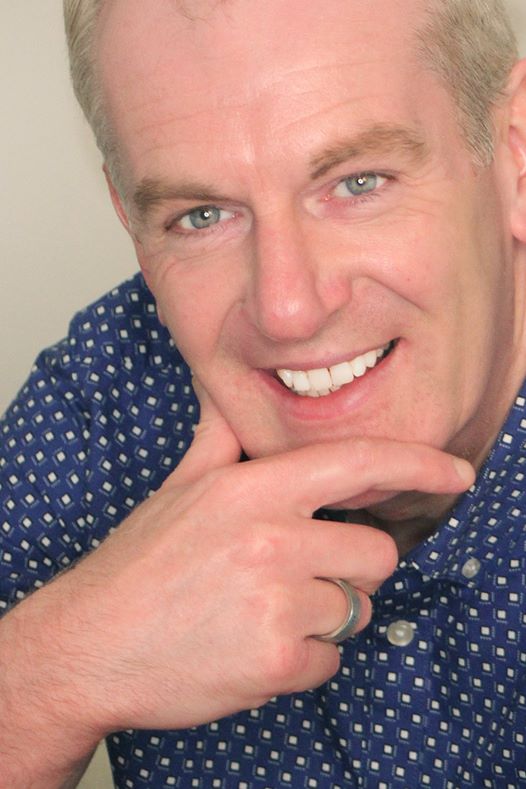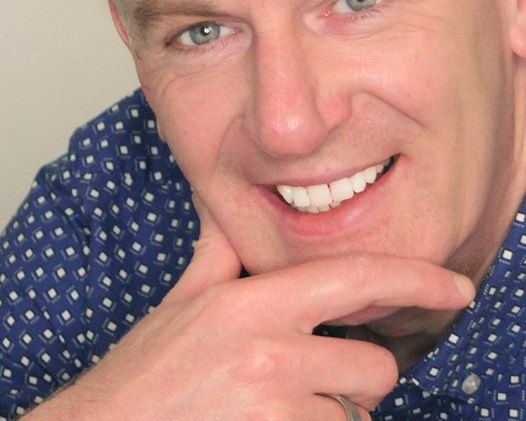
The Prophet Muhammad
By Declan Henry
For as long as I have known Muslims, I have been aware of their unwavering love and respect for the founder of their beloved religion. This has been a pleasure to observe, especially at times when their religion has been under criticism and provoked feelings of fear and discrimination – and sometimes plain loathing. Indeed, at the heart of Islam is the Prophet Muhammad, the man chosen by God to receive his revelations which form the text of the Holy Qur’an.
There is very little mention of the Prophet Muhammad in the Qur’an. Most of the information about him is contained in the Hadith which was written 100-plus years after his death. That means that most Muslims have never read the Hadith and rely on the teachings of other Muslims. Some critics of the Hadith state that a large percentage of Muslims have become obsessed by Muhammad’s character to the degree they exercise excessive devotion to him – some to the point of idol worship – almost forgetting God and the Qur’an in the process. Muslims are taught from a young age to revere Muhammad when told he was the greatest of messengers and/or the leader of all messengers (Adam, Abraham, Moses, Jesus and other prophets). Such critics add that Muhammad would not favour this reverence as it states in the Qur’an that none of the Prophets should be exalted over each other (Chapter 2:136). But something that all Muslims believe irrespective of what sect of Islam they belong to, is that Muhammad was the last messenger (Prophet) of God, and he seals the chain of prophet-hood for eternity.
Some Muslims are well educated in their religion, others less so. Many – both scholars and ordinary people – are able to calmly answer contentious questions from Islam critics, such as whether Muhammad was a violent man based on what historians have written, or if he was a paedophile (he once married a six-year-old girl and consummated the marriage three years later in an era when girls matured far sooner than today). Other Muslims refuse to accept any criticism of the Prophet and a percentage of these have resorted to extremism. This has resulted in extreme violence across the world in the past decade or so and led to the creation of ISIS and other Islamic terrorist groups which also attracts remote terrorists acting independently – as witnessed in 2020 when Samuel Paty, a schoolteacher in Paris, was beheaded for showing cartoons of the Prophet to his students during a discussion about free speech.
You may question where does free speech, curiosity and the seeking of knowledge begin and end? For me, as a Christian, I had a curiosity about Islam which needed to be fulfilled and which led me to writing my book. I wanted to meet Muslims and ask questions about Islam. I wanted to discover information about the Prophet Muhammad because I knew so little about him. During my research, I read various accounts of the Prophet’s life which I compiled along with stories from Muslim interviews into the chapter entitled ‘The Prophet and Islam – A Brief History’. The result provides a favourable image of somebody who was kind, honest, peace-loving and who cared deeply about God, justice, mankind and the world.
Overall, my book provides a good snapshot of life in Britain today for Muslims. Voices of Modern Islam, which is written in a forthright manner, captures the opinions of over 100 Muslims of different ages, gender, ethnicity, sexuality and social backgrounds. The interviewees freely contributed their views and perspectives in response to my questions as I was determined to explore various contentious and controversial issues in Islam. My book includes a vast array of emotions, opinions, hopes, fears and beliefs. It also explores God, the afterlife, morality, compassion and forgiveness. Ultimately, it is a book which answers crucial questions, polarises the truth about Islam and Muslims, and kills prejudice and misconceptions to establish what it means to be Muslim in today’s world. If you have preconceived ideas about gender segregation and the rights of women in Islam, you will also be surprised by how Muhammad taught men to treat women. Alongside all of this is an in-depth analysis of extremism, radicalisation and Islamic terrorism going back to the time of Muhammad. Other insights to be acquired from my book include looking at the attitudes Muslims have to sex and homosexuality, reasons behind male grooming sex scandals in the UK, and the debate about Sharia Law and whether its punishments should be implemented alongside the Criminal Justice System. My book offers a deeper understanding of Islam, irrespective of how much you already know and will enable you to realise the common ground that exists between Islam, Christianity and Judaism. My book also portrays Muslims and Islam in a positive light without dismissing criticisms or asking awkward questions. It acts as a wonderful resource for those wanting to know more about Muhammad.
I now have great pleasure including a link here which leads you to an extract from the chapter that deals specifically with the life of Muhammad and fully outlines his many wonderful traits and attributes.
Declan Henry, an Irish Catholic, comes from a distinguished academic background. He studied at two of London’s elite universities – Goldsmiths College and King’s College. He holds a Bachelor of Arts degree (Honours) in Education and Community Studies and a Master of Science degree in Mental Health Social Work. He is also a registered social worker. Declan is the author of seven books and numerous published articles. He has written on a wide range of diverse topics including mental health, refugees and asylum seekers, transgender people, religion, young offenders and a book about growing up in Ireland.
